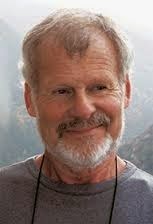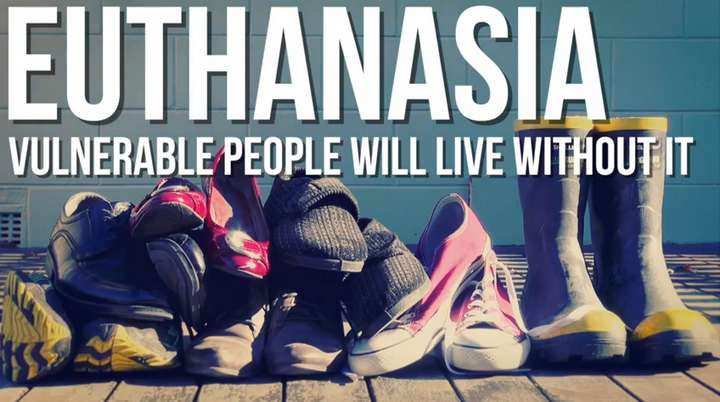Bruce Logan 25 July 2018
Bruce Logan warns us that contrary to the libertarian credentials of ACT’s David Seymour, euthanasia will encourage the old, disadvantaged & disabled to undervalue themselves, and will actually decrease individual freedom.

David Seymour, the ACT member for Parliament and sponsor of the Euthanasia Bill claims libertarian credentials (Herald, July 3). Excellent. One could say a number of good things about libertarianism. Not least, its grasp on the notion of citizenship freedom and its suspicion of over-reaching state power.
However, like many libertarians Mr Seymour finds himself advocating something other than what his philosophy advocates. His demand for euthanasia might look like increasing individual freedom, but it doesn’t. It’s quite the opposite.
The confusion lies in a misplaced faith in the law to control our lives and make us better. Unfortunately, the law is not a nurse; it’s a schoolmaster who would discipline us everywhere. There are, however, good laws and bad laws. Good laws encourage conscience while bad laws negate it. The End of Life Choice Bill is bad law because it will compromise first the individual conscience and ultimately public morality.
Implicit in Mr Seymour’s bill is the assumption that law should be used to create new personal freedoms, the right to kill under certain circumstances, when it should be preserving the self-evident freedom of the right to life. It fails to comprehend the transcendent foundation of human dignity. It is an ideology that presumes universality when its vision is limited by contemporary human rights theory. It is presumptuous in its claim to understand the mystery of human suffering.
Euthanasia might first appear to be an enhancement of freedom by widening the contemporary fixation with choice, but it is not possible in this context, or any context, to distribute choice justly. It will, in fact limit the choice for a great deal more people than for those very few people who might appear to benefit. The very nature of Mr Seymour’s bill undervalues the complexity of human decision making because it will undermine sensitive family dynamics. It creates too great an opportunity for relatives to coerce family members to hasten their own death.
In New Zealand the law says that one citizen must not kill another. Mr Seymour’s Bill would claim that it is permissible, under certain conditions, for some people to kill others. Immediately that compromises the freedom of those citizens the law says we may assist to bring about their death.
Government power, the use of positive law, to influence human behaviour is a very blunt instrument. At best, with some obvious practical exceptions, it can only say what must not be done not what should be done. Every law passed that presumes a utilitarian understanding of human dignity is one more subtle movement towards increasing state power over the lives of its citizens.
At the outset euthanasia might look like an action of mercy, one of compassion when in fact it is probably motivated by pity; an emotion that wants to get rid of pain and discomfort as quickly as possible. Compassion one the other hand will share in the anguish and suffering of the patient. Any law that permits assisted suicide threatens the outworking of that compassion.
The vexatious conflict surrounding Mr Seymour’s bill is that he casts the intimacy of human relationships within a human rights framework. He says, “the end of life choice is the last great human rights issue.”
The language or rights prevails. But as influential French philosopher Simone Weil said decades ago, the language of rights ultimately cannot build or sustain a common life.
“If you say to someone who has ears to hear: ‘What you are doing to me is not just’, you touch and awaken at its source the spirit of attention and love. But it is not the same with words like ‘I have the right . . .’ or ‘you have no right to . . .’ They invoke a latent war and awaken the spirit of contention. To place the notion of rights at the centre of social conflicts is to inhibit any possible impulse of charity on both sides.”
Consequently, it becomes inevitable that a human life will be valued by its usefulness. Mr Seymour’s bill is thoroughly utilitarian. Its internal logic would have us devalue the old, the disadvantaged and the disabled. Indeed, it will encourage the old, the disadvantaged and the disabled to undervalue themselves.
Bruce Logan is a Board member of Family First New Zealand.






